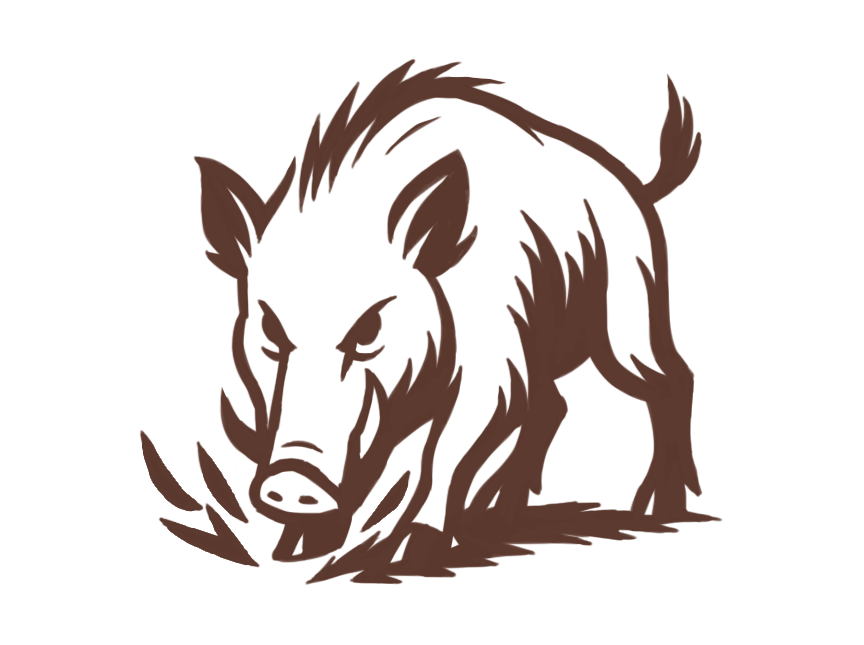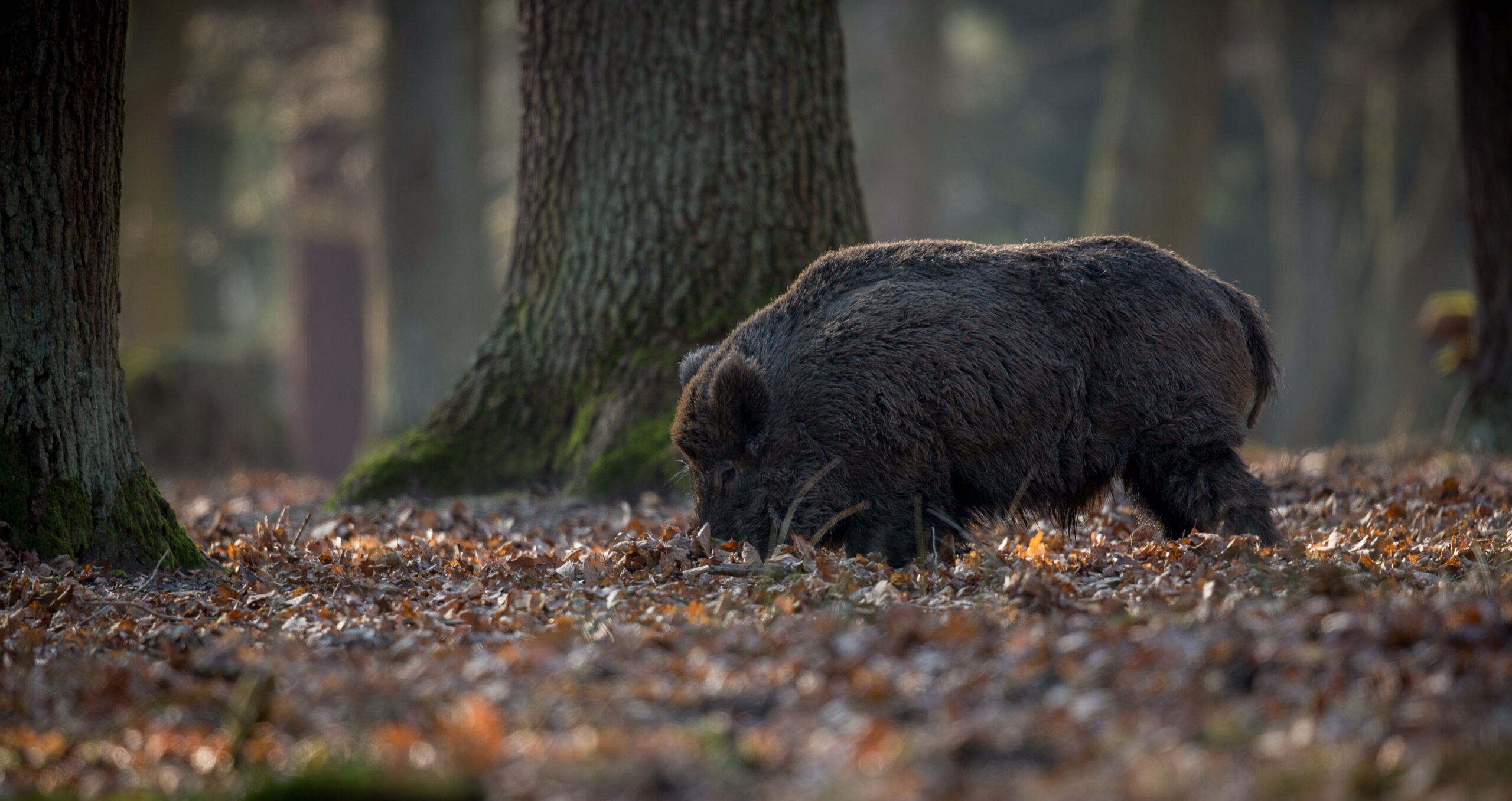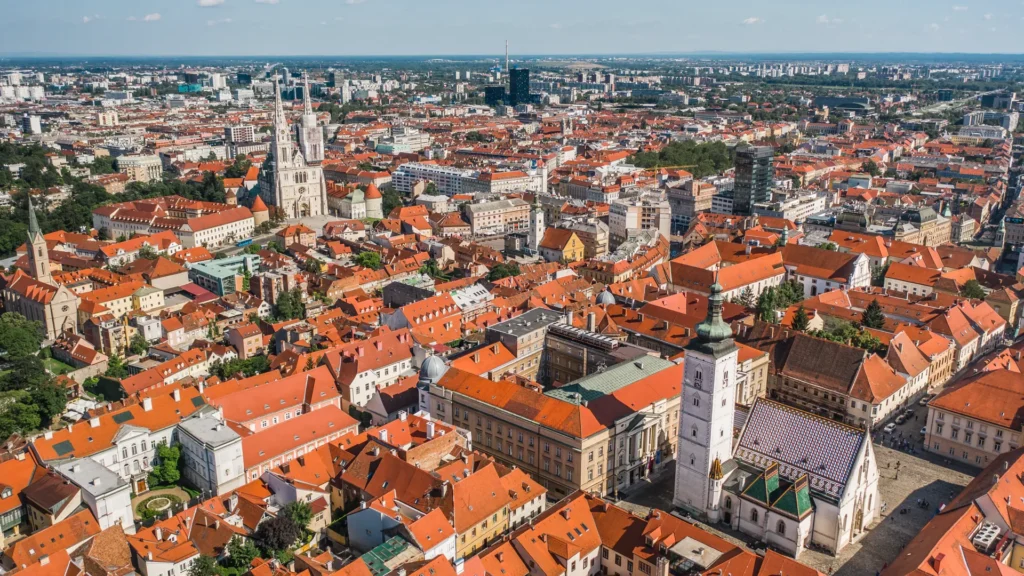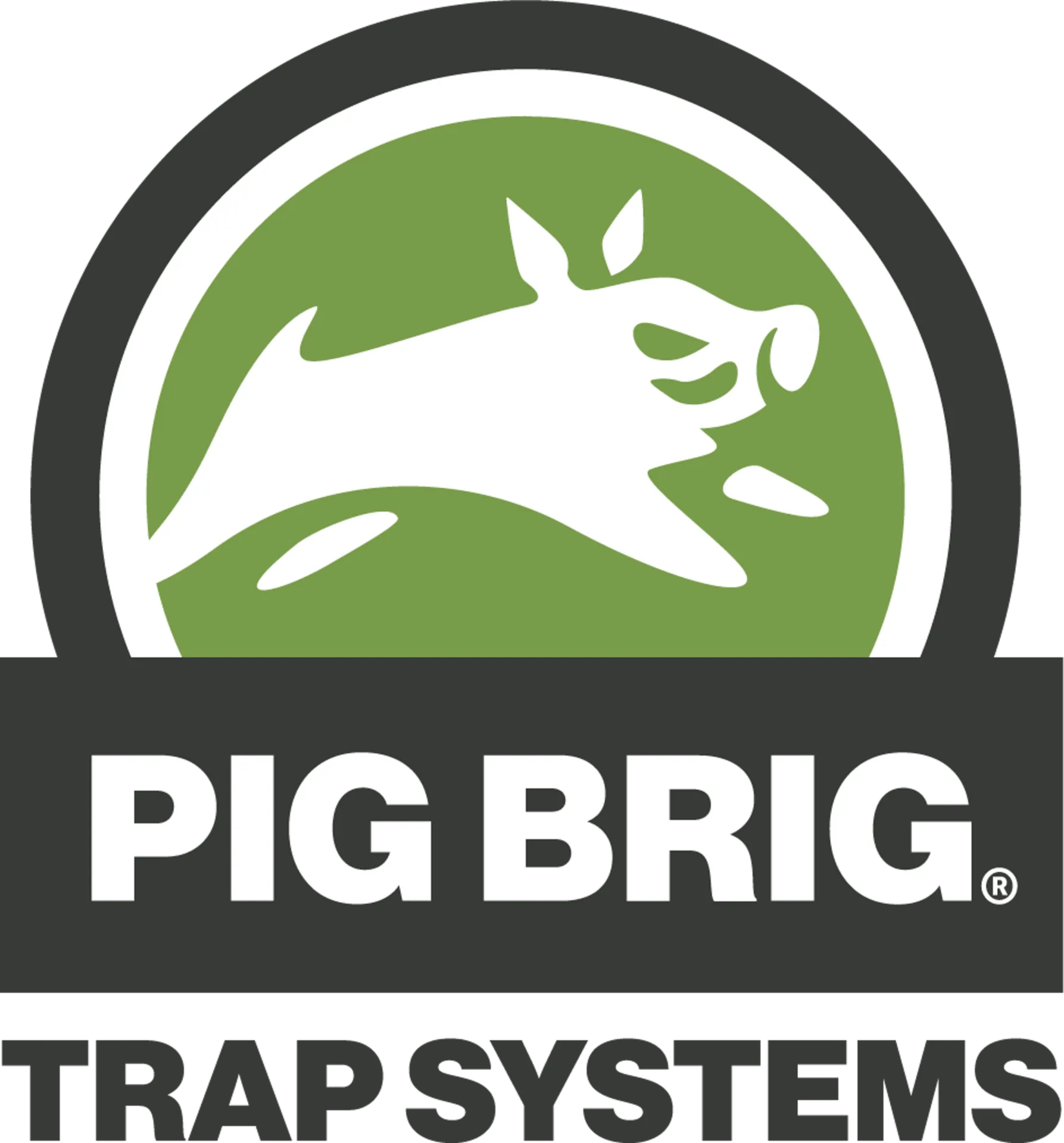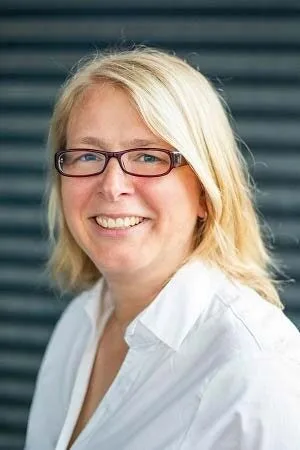
Katja Schulz, Friedrich-Loffler-Insitut and Institute of Epidemiology (IfE), Germany
Tracking African swine fever in Europe: wild boar, epidemiology, and emerging
Katja Schulz works as a part of the Friedrich-Loeffler-Institut (German Federal Research Institute for Animal Health) outbreak team and supports investigations of animal disease outbreaks in Germany. Her work includes surveillance data analysis, qualitative risk assessments, and incorporating social science methods into epidemiological studies.
She completed veterinary degree at the Free University of Berlin in 2004 after beginning her studies in Budapest (Hungary). Following several years in small animal practice in Germany and the UK, she earned an MSc in One Health from the University of Edinburgh in 2013. Since then, she worked at the Institute of Epidemiology at the Friedrich-Loeffler-Institut, where she completed her doctorate (2016), specialising in veterinary epidemiology (2021), and habilitation at the University of Rostock (2022), focusing on African swine fever in wild boar. She finalized her residency with the European College of Veterinary Public Health in 2023.
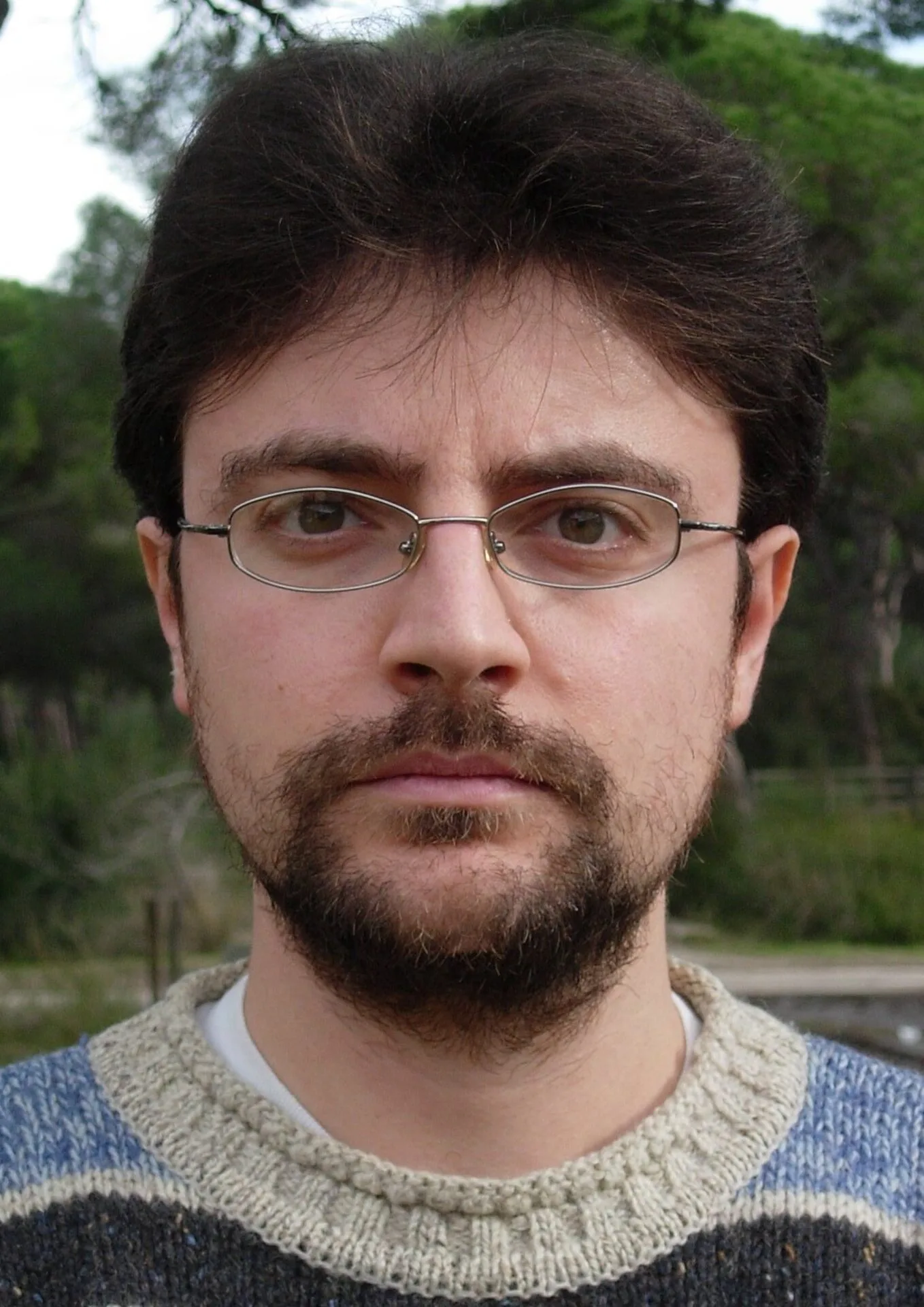
Francesco Ferretti, University of Siena, Italy
From the sea to mountains: ecology and interspecific interactions of wild boar
Francesco Ferretti is a researcher interested on behavioural ecology, management and conservation of wild mammals (in particular ungulates and carnivores), with emphasis on mechanisms of interspecific coexistence and interactions (competition, resource partitioning, facilitation, predator-prey interactions), behavioural and ecological responses to environmental variation, as well as ecological impacts of ungulates and relevant counting methods. Currently he is Associate Professor at the University of Siena and is member of the IUCN/Species Survival Commission Caprinae Specialist Group. For his research activities, he has been collaborating with several protected areas (e.g., National and Regional Parks of Italy), contributing to management/conservation plans for wild ungulates.
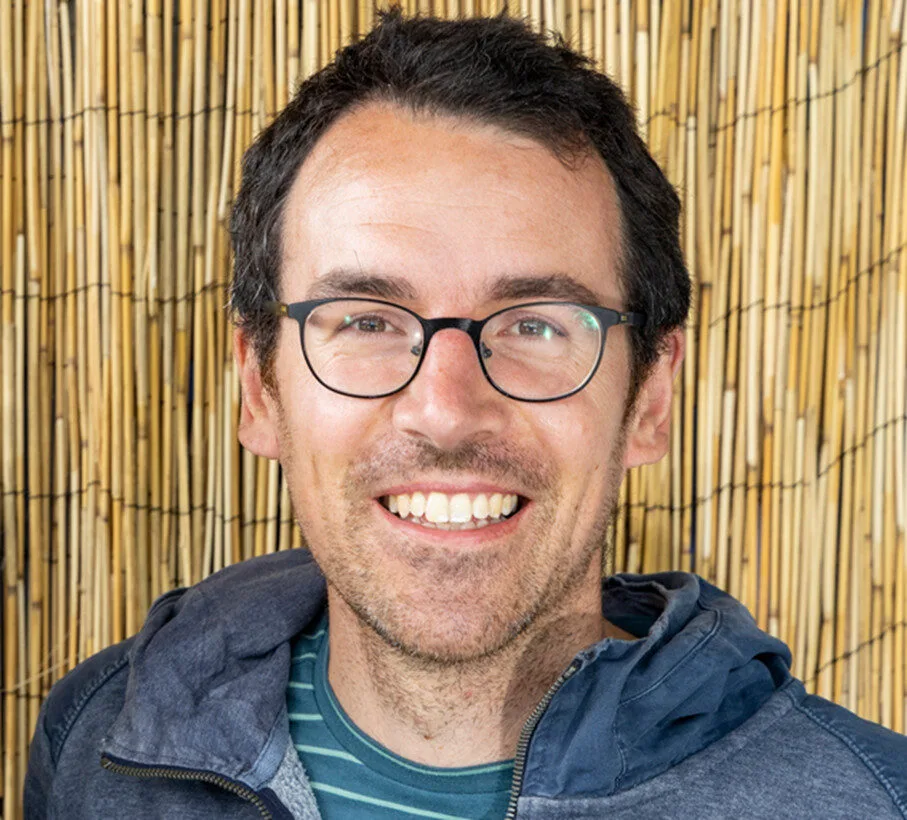
Kevin Morelle, Minuartia, Spain and Max Planck Institute, Germany
25 years of tracking, 10 years of Euroboar: where did the wild boar move (and where will it move next?)
Dr. Kevin Morelle is a researcher in wildlife ecology with a focus on animal movement and disease dynamics. His work combines biologging technologies with ecological modelling to understand how wildlife interact with landscapes and how these interactions influence processes such as habitat connectivity, human-wildlife conflict, and disease transmission. He has a particular interest in the spatial ecology of wild boar and their role in the spread of diseases such as African swine fever. Kevin is also an active member of the Euromammals/Euroboar network, where he contributes as a data curator to support collaborative research on wild boar ecology across Europe.
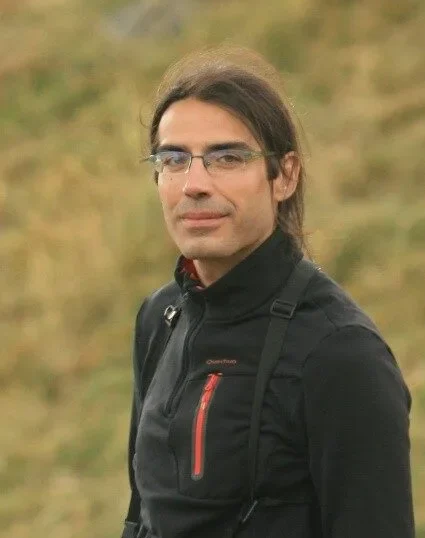
Jorge Ramón López-Olvera, Wildlife Ecology & Health group (WE&H), Spain
This little piggy went to town: causes, consequences and management of wild boar synurbization
Jorge Ramón López Olvera is a wildlife veterinarian, earning his DVM in 1999 and his PhD in 2004. Since 2008 he works as Assistant teacher at the Veterinary School of the Universitat Autònoma de Barcelona in Spain. He accumulates more than 25 years of experience in wildlife research and teaching, and has investigated wild boar synurbization for more than ten years.
